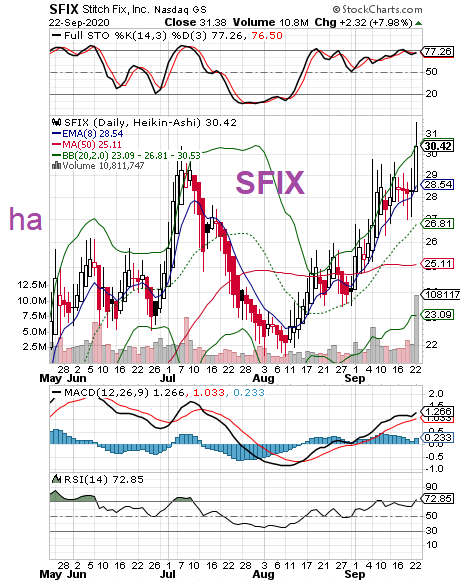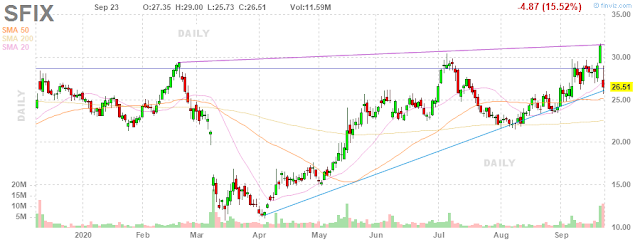 Solid-state lithium battery maker QuantumScape is becoming a publicly traded entity through a merger with special purpose acquisition company, or SPAC, Kensington Capital Acquisition (NYSE:KCAC). QuantumScape wants to disrupt the automotive industry—and the EV space—by offering a better mousetrap.
Solid-state lithium battery maker QuantumScape is becoming a publicly traded entity through a merger with special purpose acquisition company, or SPAC, Kensington Capital Acquisition (NYSE:KCAC). QuantumScape wants to disrupt the automotive industry—and the EV space—by offering a better mousetrap.
Including $200 million from the Kensington’s trust fund and a $500 million private investment in public equity, or PIPE, the transaction will provide about $700 million in proceeds to QuantumScape. The deal values the company at about $3.3 billion.
None of the current shareholders are using the transaction as a chance to cash out—a good sign for any SPAC transaction. After the deal closes, QuantumScape will have north of $1 billion of cash on its balance sheet.
For QuantumScape, the “SPAC deal represented was a much faster and more streamlined way to become public compared with the traditional IPO process,” explains founder and CEO Jagdeep Singh. “Combined with the value that partnering with Kensington in particular brings—they’re a bunch of auto guys—it just made the most sense to take this route.”
Kensington Capital, the SPAC sponsor, is an automotive industry focused investment bank based outside of New York City. Justin Mirro, the SPAC’s chairman and CEO, began his career at General Motors (GM) before moving to investment banking focused on the automotive sector.
EVs appear to be taking over the car business—as the epic rise in Tesla (TSLA) stock portends. Telsa is now the world’s most valuable car company by a wide margin.
That makes EV batteries very important to the auto industry and to investors. Solid-state batteries promise lower cost and higher power density than existing battery technology. That’s a panacea for EV makers—a battery that is relatively cheap and light weight, making the upfront costs of EVs comparable to gasoline-powered cars. Solid state batteries charge faster too.
It’s taken a while to get solid state right. QuantumScape believes it is there, pointing out that Volkswagen (VOW.Germany) has tested and validated Quantum’s solid-state batteries and plans to commercialize them by 2025. That might feel like a long way off, but “the automotive cycle is long,” explains Singh. “People have recognized solid state potential for decades.”






















